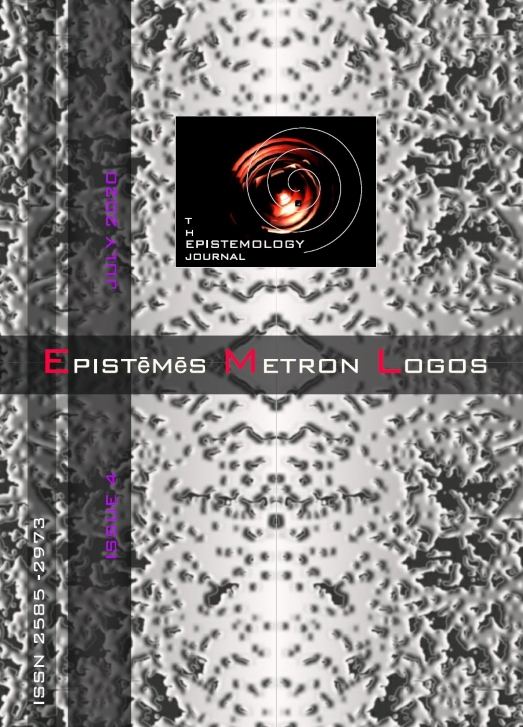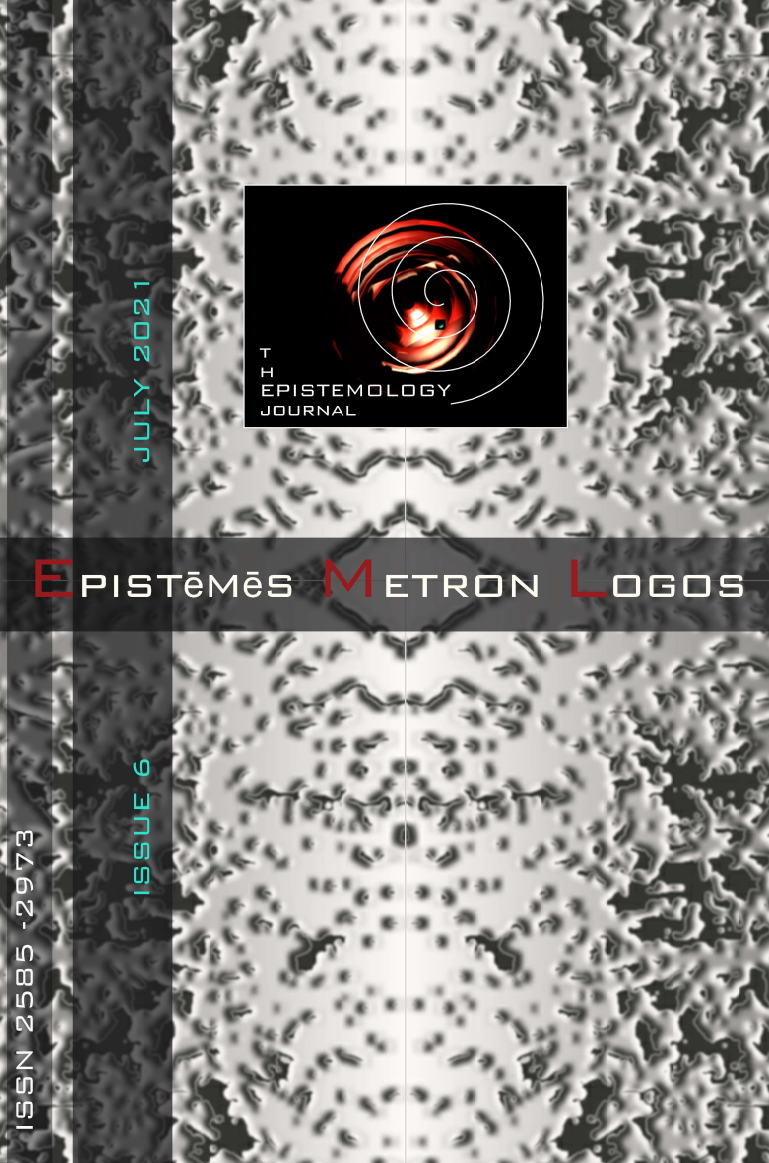Three new suggested guidelines for increased transparency regarding open access article processing charges (APCs)
Abstract
The article processing charge (APC) lies at the heart of the gold open access (GOA) business model. Small and larger society-based, as well as commercial publishers, rely – to different extents – on the APC and the GOA model to thrive. There is wide debate regarding what amount of APC is considered to be exploitative, and the issue of low APCs is often erroneously associated with “predatory” OA publishing. Independent of this debate, there is still, surprisingly, considerable opacity related to the APC used to cover the cost of GOA. In a bid to increase transparency, a simple 3-point plan at increasing academic and financial transparency of authors and journals/publishers regarding APCs is proposed: 1) indicate which author paid the APC in multi-author papers; 2) indicate the value of the APC paid; 3) provide online proof or certification of APC payment, including the indication of any discounts or waivers.
Article Details
- Zitationsvorschlag
-
Teixeira da Silva, J. A. (2020). Three new suggested guidelines for increased transparency regarding open access article processing charges (APCs). Epistēmēs Metron Logos, (4), 4–7. https://doi.org/10.12681/eml.24208
- Rubrik
- Publishing partner

Dieses Werk steht unter der Lizenz Creative Commons Namensnennung - Nicht-kommerziell 4.0 International.
Authors who publish with this journal agree to the following terms:
Authors retain copyright and grant the journal right of first publication with the work simultaneously licensed under a Creative Commons Attribution Non-Commercial License that allows others to share the work with an acknowledgement of the work's authorship and initial publication in this journal.
Authors are able to enter into separate, additional contractual arrangements for the non-exclusive distribution of the journal's published version of the work (e.g. post it to an institutional repository or publish it in a book), with an acknowledgement of its initial publication in this journal.
Authors are permitted and encouraged to post their work online (preferably in institutional repositories or on their website) prior to and during the submission process, as it can lead to productive exchanges, as well as earlier and greater citation of published work.




